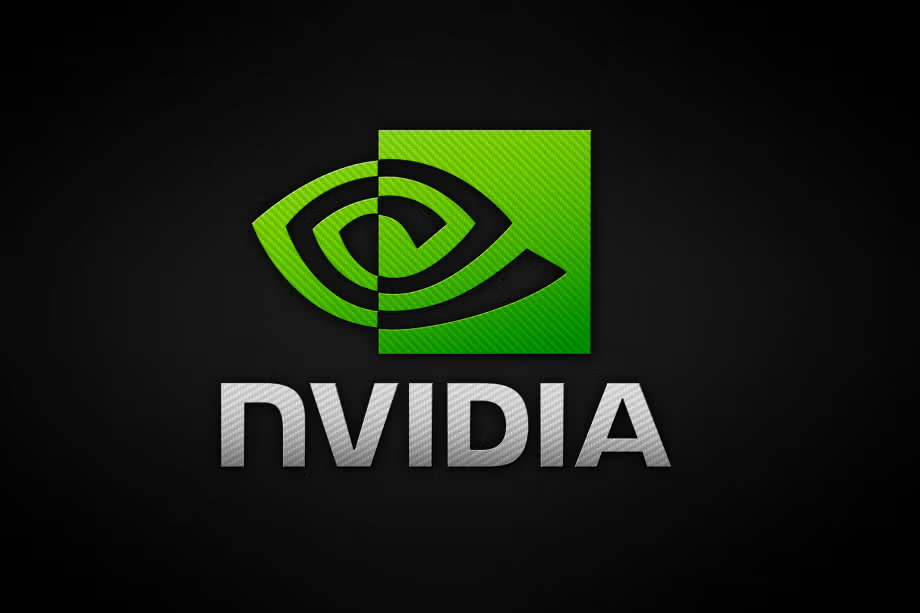Nvidia, a leader in AI chip technology, is currently navigating a complex landscape of geopolitical risks, particularly those stemming from U.S.-China trade relations. While the company continues to demonstrate strong financial performance, U.S. export restrictions are creating challenges in one of the world's largest AI markets. Concurrently, CEO Jensen Huang has publicly acknowledged and credited policies enacted by former President Donald Trump, adding another layer of complexity to the situation.
The U.S. government's export controls, initially implemented to prevent China from accessing advanced technologies with potential military applications, have significantly impacted Nvidia's operations. These restrictions limit the sale of certain high-end AI chips, including modified versions designed to comply with previous regulations, like the H20 chip. As a result, Nvidia has faced substantial financial setbacks. During the recent earnings call, the company revealed a $4.5 billion write-down in its first quarter due to excess H20 inventory and purchase obligations. Furthermore, Nvidia anticipates an $8 billion hit in lost sales during the current quarter due to these restrictions. The impact is evident in Nvidia's revenue projections, which, while still substantial at $45 billion for the second quarter, fall slightly below analysts' expectations.
The restrictions have not only affected Nvidia's revenue but have also spurred innovation and competition within China. As Huang himself noted, the curbs have "spurred China's innovation and scale." Chinese companies like Huawei are developing domestic AI chip alternatives, potentially eroding Nvidia's market share. Once holding a dominant 95% of the Chinese market, Nvidia's share has now fallen to approximately 50%. In response to these challenges, Nvidia is adapting its strategy. The company is reportedly launching a new, more affordable version of its Blackwell AI chip specifically for the Chinese market. This modified chip, priced between $6,500 and $8,000, will incorporate technical compromises to comply with U.S. regulations while still providing valuable AI processing capabilities. However, even with these adaptations, Nvidia faces uncertainty regarding future regulations and their potential impact on its business.
Adding another dimension to Nvidia's navigation of these geopolitical challenges is CEO Jensen Huang's commentary on the impact of former President Trump's policies. Huang has expressed both criticism and praise for the Trump administration's approach. While acknowledging the negative financial impact of export restrictions on Nvidia's sales to China, Huang has also lauded Trump's vision for reshoring advanced manufacturing, creating jobs, and strengthening national security. He specifically praised Trump's decision to rescind an export rule put in place by President Biden, which would have regulated the flow of Nvidia's chips around the world. Huang argued that the previous administration's policies were based on "fundamentally flawed" assumptions and had resulted in a loss of market share for U.S. companies. He also stated that Trump "wants the United States to win and recognizes that we have to get the American stack out to the world, and get the world to build on the American stack instead of alternatives."
Nvidia's situation highlights the complex interplay between technology companies and government policies. While export restrictions aimed at national security can hinder a company's access to key markets and impact revenue, Nvidia is attempting to mitigate these challenges through strategic product modifications and diversification. CEO Jensen Huang's dual stance, acknowledging the negative impacts of certain policies while praising the broader vision of the Trump administration, underscores the delicate balance that companies must maintain when navigating the geopolitical landscape. As Nvidia continues to adapt to evolving regulations and competitive pressures, its ability to maintain its position as a leader in the AI chip market will depend on its agility, innovation, and strategic navigation of these complex risks.

















